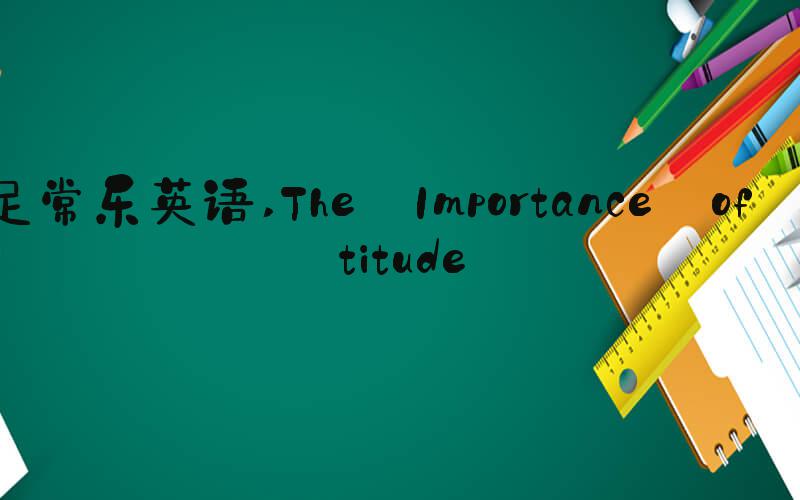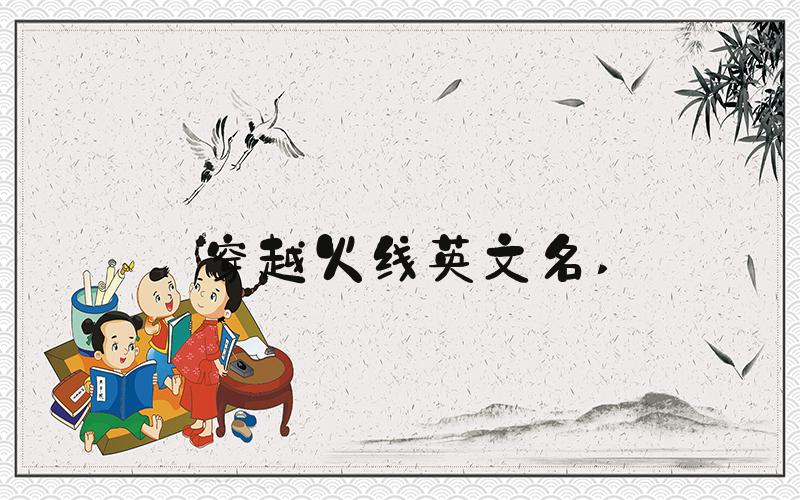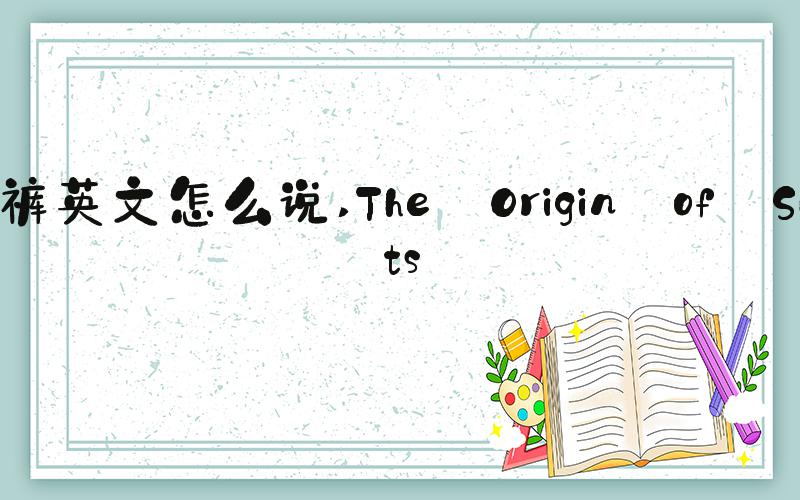
Introduction
As the saying goes, "Happiness is not having what you want, but wanting what you have." Known as "知足常乐" in Chinese, this proverb emphasizes the importance of contentment and the ability to find joy in the little things in life. In today's fast-paced world, where people are constantly striving for more wealth, success, and material possessions, it's important to remember the value of gratitude and cultivating a positive attitude towards life. In this article, we'll explore the concept of "knowing contentment and constant joy" and how it can benefit our mental and emotional well-being.
The Importance of Gratitude
At the heart of "知足常乐" lies the concept of gratitude. When we learn to appreciate what we have, instead of constantly yearning for what we don't, we cultivate a sense of contentment that can have a positive impact on our overall well-being. Studies have shown that practicing gratitude can increase happiness, reduce stress, and even improve physical health. By taking time each day to reflect on what we are grateful for - whether it's a supportive family, fulfilling work, or simply a beautiful sunset - we can train our minds to focus on the positive and develop a more optimistic outlook on life.
Avoiding the Cycle of Consumerism
One of the biggest challenges to "知足常乐" in today's society is the pressure to keep up with the latest trends and consumer goods. Advertisements bombard us every day, encouraging us to buy more, accumulate more, and upgrade our possessions at every opportunity. However, this constant focus on material wealth can lead to a vicious cycle of never feeling satisfied or content with what we have. By embracing a simpler lifestyle, and focusing on experiences and relationships rather than material possessions, we can break free from this cycle of consumerism and find greater contentment in our everyday lives.
Finding Joy in the Simple Things
Finally, "知足常乐" encourages us to focus on the small moments of joy and beauty that surround us each day. Whether it's taking a walk in nature, spending time with loved ones, or simply savoring a delicious meal, there are countless opportunities for happiness that don't require vast amounts of money or possessions. By taking time to appreciate these simple pleasures, we can cultivate a more mindful and meaningful approach to life.
Conclusion
In conclusion, "知足常乐" reminds us that happiness is not something that can be bought or achieved through external means, but instead is a state of mind that can be cultivated through gratitude, simplicity, and appreciation of life's simple pleasures. By focusing on what we have, rather than what we lack, we can experience greater contentment and joy in our daily lives. So take some time today to reflect on the blessings in your life, and remember to find happiness in the little things.









暂无评论
发表评论